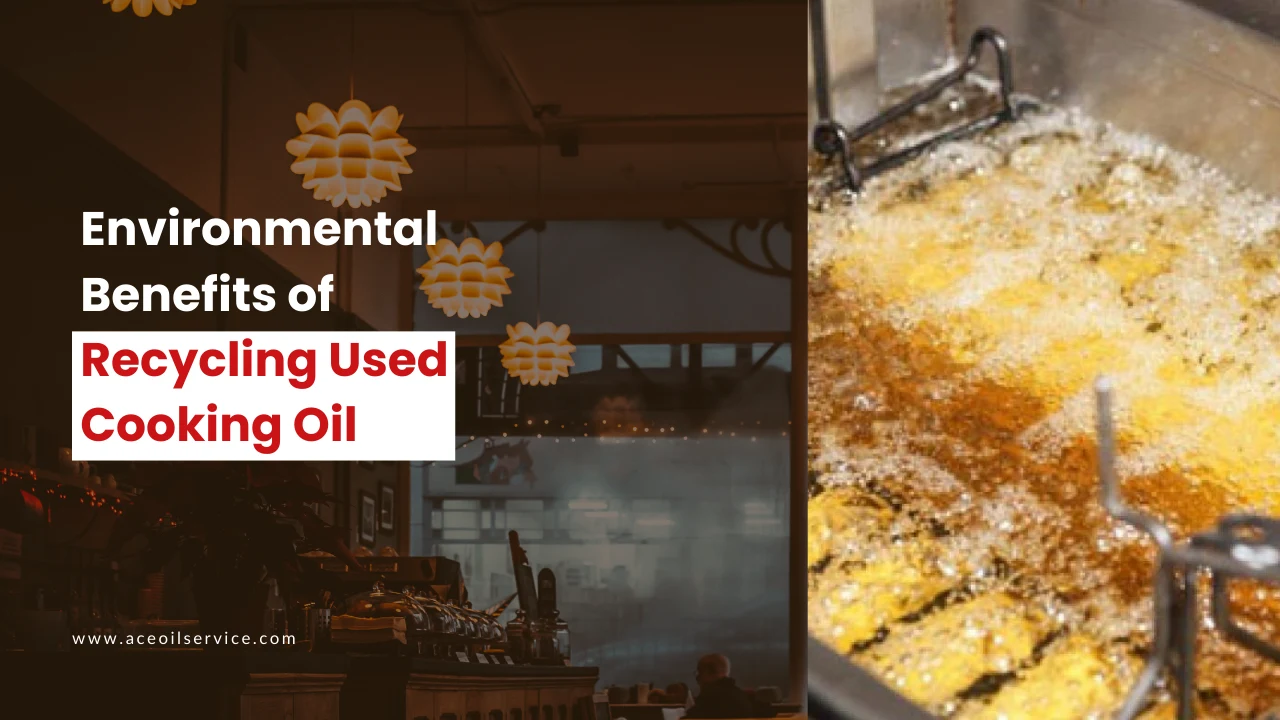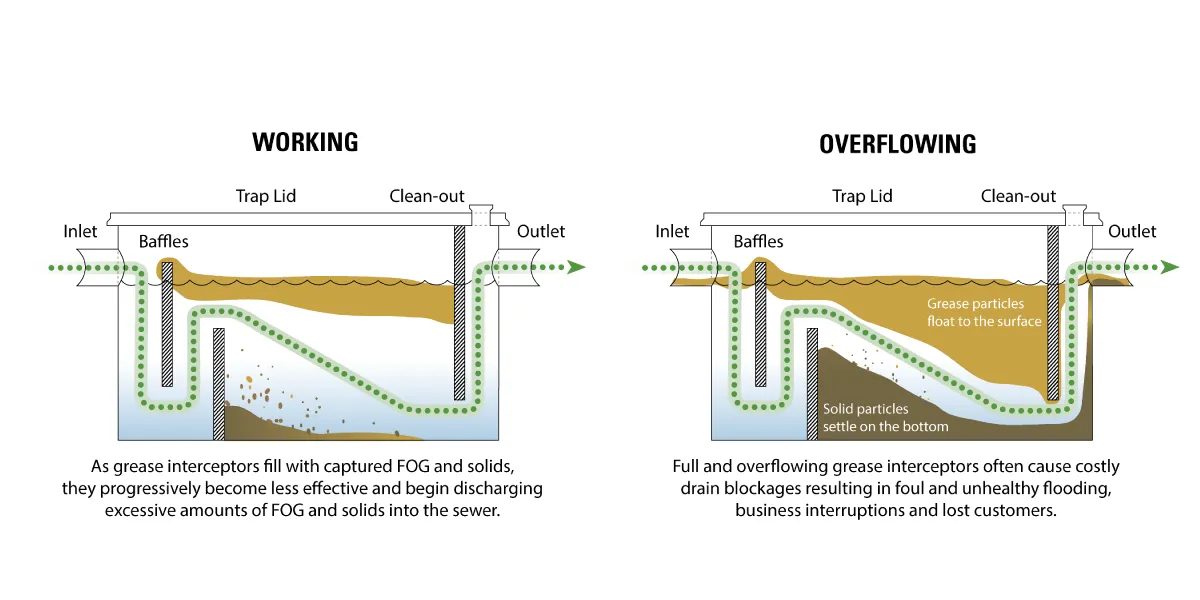
Recycling used cooking oil is crucial for environmental sustainability, as it reduces landfill waste, creates renewable energy sources, and mitigates greenhouse gas emissions. By transforming discarded cooking oil into valuable resources, we can harness its benefits.
By recycling used cooking oil, we can actively contribute to conserving natural resources and drastically reduce the demand for finite, environmentally damaging virgin fossil fuels. Join us in making a positive impact on the environment. This process also reduces energy consumption in the fuel production lifecycle, promoting a sustainable future.
Avoid Clogged Kitchen Pipes
When cooking oil is poured down the drain, it can solidify and accumulate over time, leading to blockages in plumbing systems. These clogs can cause costly repairs and require professional intervention to resolve.
Remember this: Instead of improperly disposing of it, people can protect their plumbing systems and save on potential repair costs. Proper disposal through recycling programs ensures that the oil is handled correctly, preventing it from entering wastewater systems and causing significant problems.
Protect Local Sewer Lines

To personal plumbing benefits, recycling used cooking oil plays a crucial role in protecting local sewer lines. When disposed of improperly, cooking oil can contribute to the formation of fatbergs—large masses of congealed fat and grease that block sewage systems. These obstructions not only lead to costly repairs and maintenance for local municipalities but also pose significant environmental hazards when untreated wastewater overflows into natural waterways.
Create Renewable
When converted to biodiesel, it provides a sustainable option to fossil fuels. Biodiesel can power vehicles, heating systems, and generate electricity. Turning waste into energy helps reduce carbon footprint and create a cleaner environment.
Rely on Domestic Oil Resources
Domestic oil can help reduce reliance on imported fossil fuels, leading to greater energy independence, local production, job creation, economic growth, and self-sufficiency in energy sources.
Lower Repair Costs
The use of cooking oil can result in reduced repair expenses for homeowners and municipalities. Improperly getting rid of cooking oil can lead to clogged pipes and fatbergs, necessitating expensive repairs and upkeep. Proper disposal of used cooking oil and active participation in recycling programs can help prevent costly plumbing issues.
Follow Local Regulations

It is important for homeowners and businesses to comply with local regulations for proper disposal of used cooking oil. Some municipalities have guidelines or programs to help with recycling, making it simpler to support environmental sustainability. Following these rules helps ensure efforts are successful, avoiding possible fines or penalties for improper disposal practices.
Maintain a Good Reputation
Cooking oil has environmental benefits and can establish a positive reputation for both individuals and businesses. Participation in recycling programs shows a dedication to sustainability and proper waste disposal, which can improve customer loyalty and community relations.
Support the Local Economy
Recycling used cooking oil creates job opportunities in waste management and renewable energy sectors. Demand for local processing facilities increases as more people and businesses recycle. Workers are needed for collection, processing, and distribution of biodiesel products. A market for recycled cooking oil can benefit related industries like transportation and retail, contributing to the community’s economy.
Create New Jobs
Different sectors are using cooking oil is beneficial for the environment and also provides job opportunities across different sectors. Communities are developing programs and facilities for collecting and processing the oil, leading to a demand for workers in logistics, technical processing, and marketing roles related to recycled products.
Summary:
Recycling programs prevent oil clogging and fatbergs while converting used cooking oil into biodiesel promotes renewable energy and reduces reliance on fossil fuels.
Recycling used cooking oil not only benefits the environment but also promotes economic growth and self-sufficiency within communities. It enhances reputation as environmentally conscious, boosts customer loyalty, and creates job opportunities in waste management and renewable energy sectors. Investing in local recycling initiatives fosters sustainable practices.





